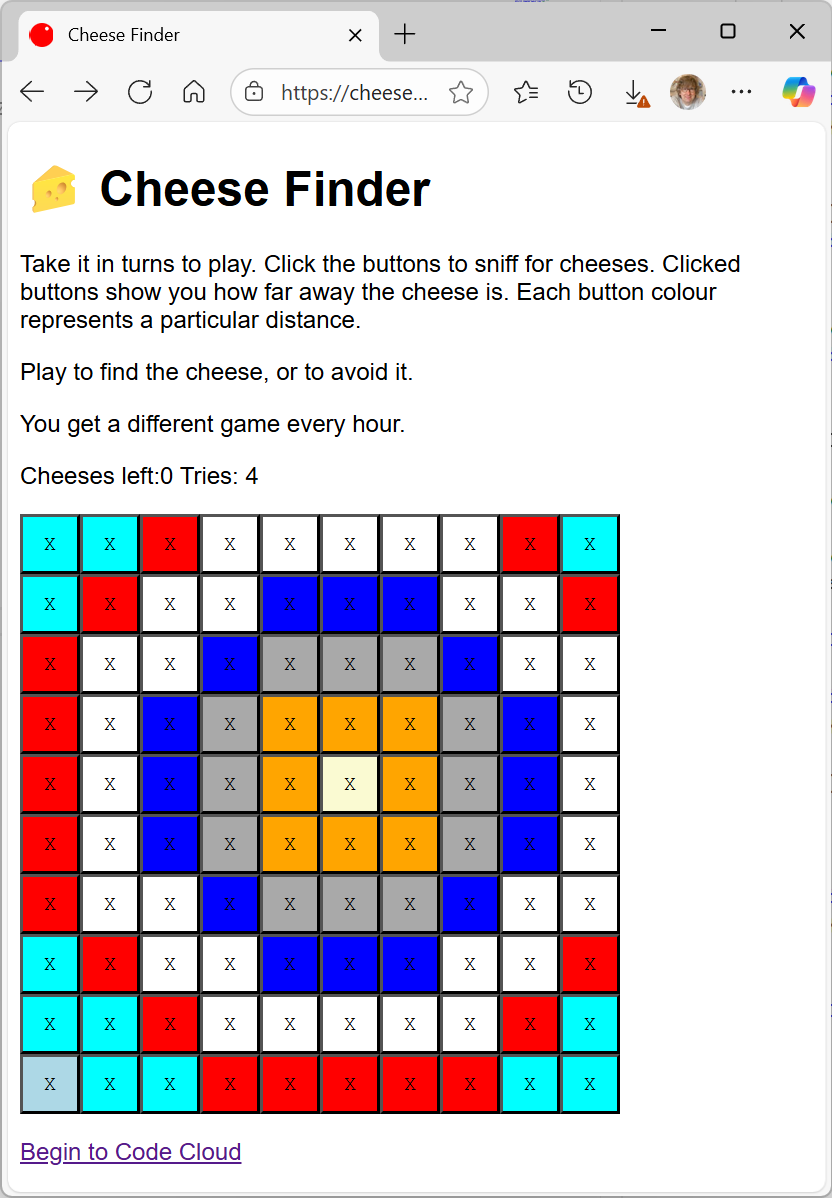Best Programming Language?
/There’s a program in the App Store called “Best Camera”. It takes as its starting point the idea that “The Best Camera you’ve got is the one that you have with you at the time”. The application then goes on to provide all kinds of useful tools that make the iPhone camera as good as possible.
I was reminded of this when there was a tiny bit of debate on my post about the CodeAcademy site, which teaches JavaScript. Now, JavaScript is not a great language, but it works and can be used to create useful stuff. So it is automatically a candidate for “Best Language”. In my opinion, the Best Language is the one that you are using at the moment. I base this on “Robs Rules for Programming Languages”:
- You can write great code in any language.
- You can write horrible code in any language.
- The user does not care what language you used to write the program they are using. The user only cares that it works and does what they want. And that they can afford it.
I’ve written programs in loads of languages. At the moment my personal favourite language is C#, but I have really fond memories of writing embedded C, since in that I could do anything I wanted and I could build all the underlying bits myself from scratch.
This is usually the point that people say things like “But blah doesn’t have blah.” or “Blah programs are really hard to use because the debugging support sucks.” So what. This brings me to the Rob’s Other Rule
- Having a nice place to work is much more important than the programming language you are using.
If the language you are using doesn’t have a feature that you need, find a way of programming around it. I’ve written lots of object oriented software in C. C doesn’t support objects, but I arranged the code so that it looked like it did and then programmed by “object rules”.
If the development/debugging support is horrible, wrap something around your program to make it easy to work with. I’ve built emulations of LCD panels and even lasers to avoid having to debug my programs on the real hardware. I’ve written code to make ten thousand customers from nothing, to save me having to type things in by hand. And I’ve added cheat buttons to games so that I can skip levels and inflate my scores and avoid having to play the game all the way through so that I can debug the last bits.
Remember, when you are writing a program you don’t just control what the code does, you also control the environment the code sits in. Bending this to make things easier is something that will pay off tenfold. Can’t debug your program without a network connection? So what. Fake the web request responses so that you can feed the answers back yourself. This also makes test driven development much easier.
Of course, given the choice, you should pick the most appropriate language for the task. Give me an AI problem and I’ll be looking hard at what Prolog (or perhaps F#) can do for me. But for me programming is not about the language, it is about the problem solving, and that means a programmer should be able to turn their hand to whatever the occasion demands. Even if it is JavaScript.






